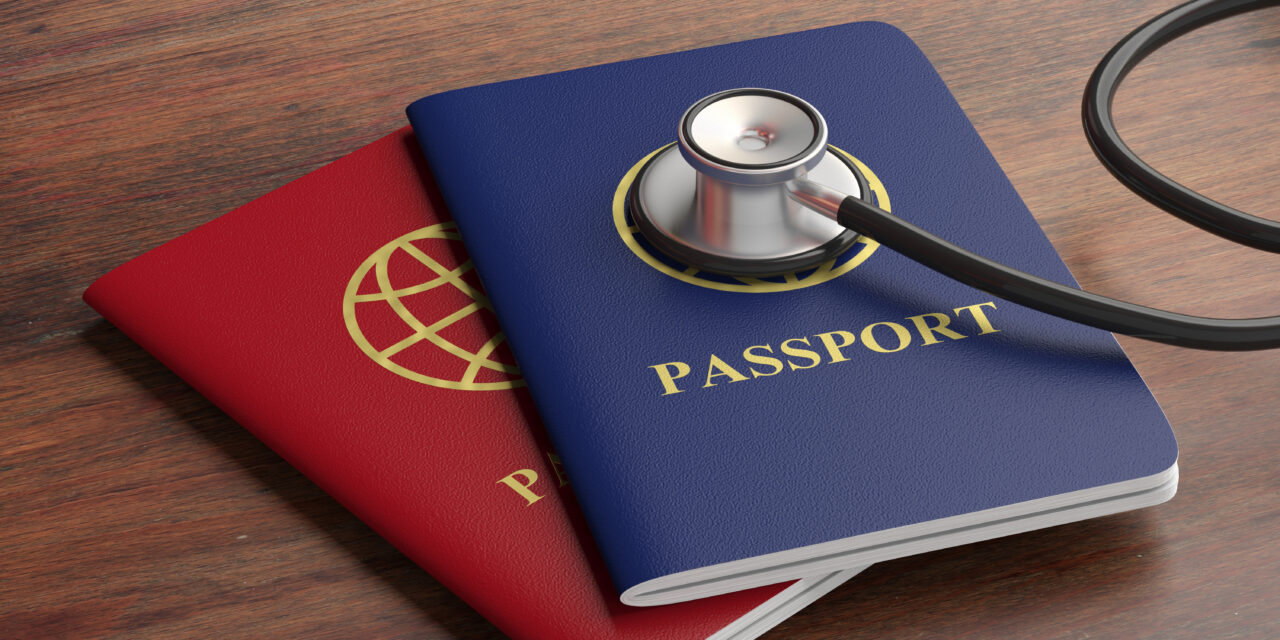Although there is no official data on outbound UK medical tourism, there is subjective evidence indicating an increase in the number of people from the UK seeking treatment abroad. The Office for National Statistics (ONS) has estimated that 248,000 UK residents traveled abroad for medical treatment in 2019, up from 120,000 in 2015. However, due to the small sample size, these figures should be approached with caution.
For years, the demand for medical tourism from the UK has been dominated by cosmetic surgery and dental work. Recently, there has been an increased demand for core, elective medical care due to long waiting lists in the National Health Service (NHS). This includes hip and knee replacement surgery or cataract surgery.
In England alone, 7.2 million people are currently waiting for elective care, and 40% of patients have been on the waiting list for at least 18 weeks. While the NHS rulebook guarantees treatment within that period, 400,000 people in England have waited over a year for hospital treatment. Ministers warn that the waiting list will not begin to shrink until 2024. The Government and NHS England have set the target of eliminating all waits of more than a year by March 2025, but it is just a target. In Scotland, 600,000 patients are waiting for planned procedures, and in Wales, 750,000 are waiting to start treatment.
One significant change between 2019 and 2023 is that, after Brexit, the UK is no longer part of the EU Cross-Border Healthcare scheme, which paid for overseas treatment. Furthermore, UK insurance companies will not cover healthcare outside the UK. This makes the outbound UK medical tourism market almost exclusively a self-pay market where patients must pay out of their own pocket.
Patients seeking affordable private healthcare are increasingly looking to smaller European countries for medical tourism. These countries often offer treatments at a lower cost than in the UK, with some operations costing as little as half the price of equivalent private treatment in the UK, even after including additional expenses such as post-operative rehabilitation. Popular countries for medical tourism include Lithuania, Hungary, Romania, and Spain.
Lithuania has seen a surge in demand for hip operations, as the country offers affordable and accessible medical care and has a good reputation among international patients. Medical travel agency France Surgery in Toulouse has also reported high demand from UK patients seeking cardiology and orthopaedic treatments. In addition, Acibadem, a prominent healthcare group in Turkey, recently opened a UK office to promote their medical services. Online, clinics in Europe are advertising their services through targeted ads that appear when UK residents search for terms like “hip replacement”.
Despite the increasing popularity of medical tourism, there are concerns about the quality of care abroad. Patients need to do their research and ensure that the facilities they choose are reputable and meet their needs. Patients should also be aware that medical tourism can involve additional risks, such as longer travel times and the possibility of complications during or after the procedure.
However, for many UK patients, medical tourism is a viable option, given the long waiting times for elective care in the NHS. The affordability of treatment abroad, combined with the availability of highly skilled doctors and modern facilities, has made medical tourism an attractive option for many patients.
As the market for medical tourism continues to grow, more countries are entering the field, offering specialized treatments and competitive prices. The rise of telemedicine, where doctors can diagnose and treat patients remotely, is also making it easier for patients to access care from anywhere in the world.










